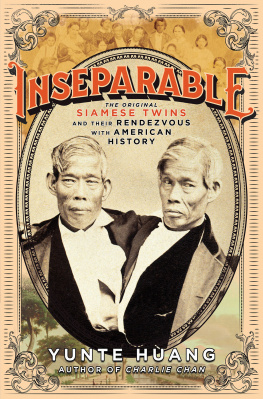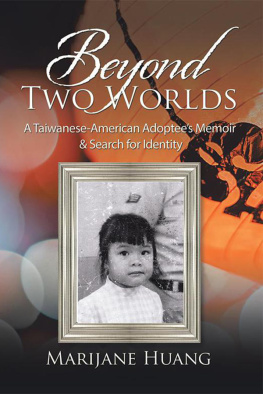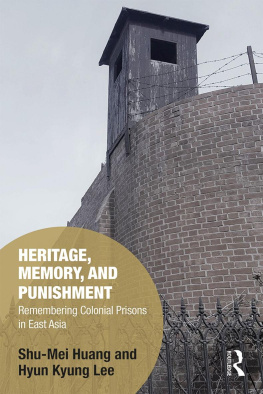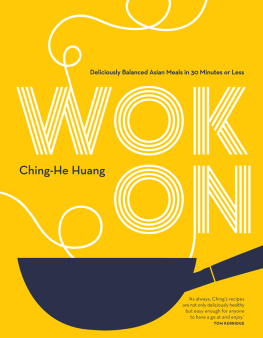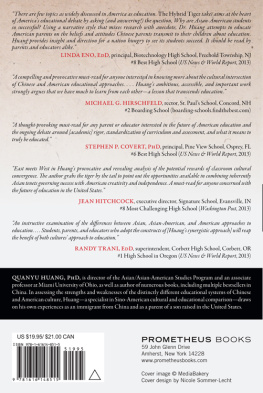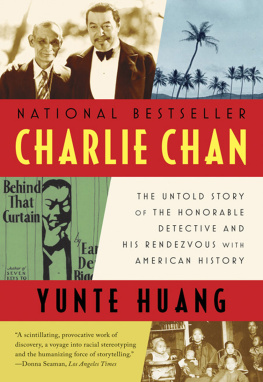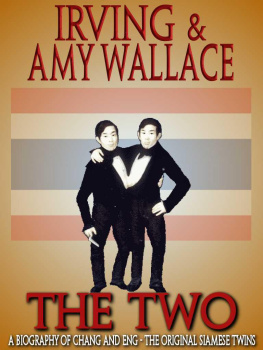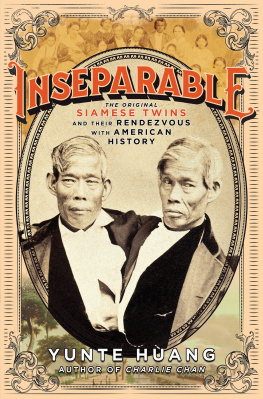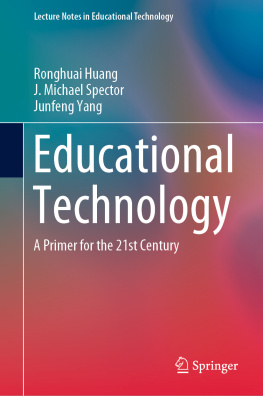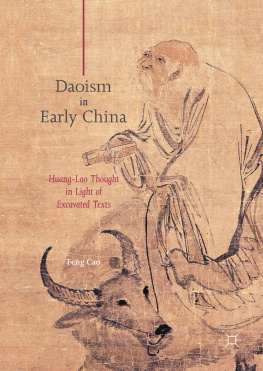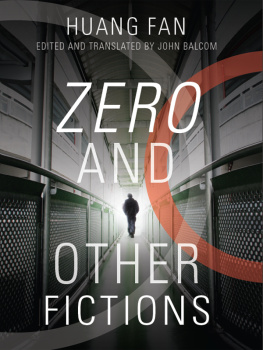
A t the end of a book about human bonds, I wish to express my enormous gratitude to Bob Weil and Glenn Mott, two men with whom I have had the good fortune of building a bond of friendship. Ever since he became my editor at Norton, Bob has remained my inspiration and a sui generis implied reader, who sets a high bar for all my writings. Having him as an editor should be the dream of every writer, and having him as a friend is a total blessing.
To call Glenn my agent is both a misnomer and, to quote Ezra Pound, a correct naming. While our friendship started more than a quarter century ago in Alabama, Glenn, who has agented all my books for Norton, truly represents my interests in all aspects, both as a writer and as a human being.
Writing is a solitary job, but I have been blessed with wonderful friends and colleagues, who have given me encouragement, assistance, and camaraderie, including Marjorie Perloff, Charles Bernstein, Hank Lazer, Stephen Greenblatt, Jill Lepore, Harry Stecopoulos, Candace Waid, Rita Raley, and Evan Wender.
I also wish to thank the following people and institutions for having most ably and generously assisted me in accessing precious images and research materials: William Brown at the State Archives of North Carolina; Matthew Turi and Tim Hodgdon at the Wilson Special Collections Library, University of North Carolina at Chapel Hill; Dr. Annette Ayers, president of Surry County Historical Society in North Carolina; Elizabeth Williams-Clymer, Special Collections Librarian, Kenyon College; Heather Magaw at the Osher Map Library, University of Southern Maine; Special Collections Research Center, Syracuse University; and William L. Clements Library, University of Michigan.
It is my good luck to have again had as my copyeditor Kathleen Brandes, who has, as always, gone well beyond her call of duty and made this a much better book.
A generous fellowship from the John Simon Guggenheim Foundation enabled me to take a leave from my university in order to conduct research and writing for this book.
An earlier version of the prologue was published as a story in The Iowa Review. I thank the editor and the journal for permission to reprint the piece here.
The writing of this book coincided with the arrival of two new persons in my life, my wife JZ and our son Henry, who have both redefined my existence. In the same period, however, I also suffered a most painful loss, the sudden passing of my father, who had taught me to write when I was growing up in a small town in southeastern China. It seems that the universe has a strange way of evening out the scores.
Again, I have left for last my acknowledgment of the deepest bond, Isabelle and Ira, two tenacious kids who have now blossomed into vivacious young adults. They have given a special meaning to the title word, inseparable.
ALSO BY YUNTE HUANG
Charlie Chan: The Untold Story of the Honorable Detective and His
Rendezvous with American History
The Big Red Book of Modern Chinese Literature: Writings from the Mainland
in the Long Twentieth Century
Transpacific Imaginations: History, Literature, Counterpoetics
CRIBS
Transpacific Displacement: Ethnography, Translation, and Intertextual Travel
in Twentieth-Century American Literature
Shi: A Radical Reading of Chinese Poetry
Ackroyd, Peter. Poe: A Life Cut Short. New York: Doubleday/Nan A. Talese, 2008.
Anderson, Sherwood. Poor White. New York: New Directions, 1993.
Asbury, Herbert. All Around the Town. New York: Knopf, 1934.
Bakhtin, Mikhail. Rabelais and His World. Translated by Hlne Iswolsky. Bloomington: Indiana University Press, 1984.
Barnum, P. T. Struggles and Triumphs; or, Forty Years Recollections. Buffalo: Courier Company, 1883.
Barrett, John G. The Civil War in North Carolina. Chapel Hill: University of North Carolina Press, 1963.
Benedict, Barbara M. Curiosity: A Cultural History of Early Modern Inquiry. Chicago: University of Chicago Press, 2001.
Berret, Anthony J. Huckleberry Finn and the Minstrel Show. American Studies 27 (Fall 1986): pp. 3749.
Bierce, Ambrose. Ambrose Bierces Civil War. Edited by William McCann. New York: Wings Books, 1996.
Blyden, Edward Wilmot. The Fifth President of the Republic of Liberia. African Repository XLVI (1870).
Bogdan, Robert. Freak Show: Presenting Human Oddities for Amusement and Profit. Chicago: University of Chicago Press, 1988.
Bolton, George Buckley. Statement of the Principal Circumstances Respecting the United Siamese Twins Now Exhibiting in London. Philosophical Transactions of the Royal Society of London 120 (1830).
Bowring, John. The Kingdom and People of Siam; with a Narrative of the Mission to That Country in 1855. London: John Parker and Son, 1857.
Bristowe, W. S. Robert Hunter in Siam. History Today 24:2 (February 1974).
Carmer, Carl. Stars Fell on Alabama. 1934. Reprint, Tuscaloosa: University of Alabama Press, 2000.
Cash, W. J. The Mind of the South. 1941. Reprint, New York: Vintage Books, 1991.
Cassuto, Leonard. What an object he would have made of me!: Tattooing and the Racial Freak in Melvilles Typee. In Freakery: Cultural Spectacles of the Extraordinary Body, edited by Rosemarie Garland Thomson, pp. 23542. New York: New York University Press, 1996.
Clark, J. C. D. English Society16881832: Ideology, Social Structure and Political Practice during the Ancien Rgime. London: Cambridge University Press, 2000.
Clegg, Claude A., III. The Price of Liberty: African Americans and the Making of Liberia. Chapel Hill and London: University of North Carolina Press, 2004.
Cohen, Burton. The Wedding of the Siamese Twins. New York: Dramatists Play Service, Inc., 1989.
Cohen, Lucy. Chinese in thePostCivilWar South: A People without a History. Baton Rouge: Louisiana State University Press, 1984.
Combe, George. The Constitution of Man, Considered in Relation to External Objects. Boston: Carter and Hendee, 1829.
Converse, Frank B. Old Cremona Songster. New York, 1863.
Costeloe, Michael P. William Bullock and the Mexican Connection. Mexican Studies/Estudios Mexicanos 22.2 (2006): pp. 27578.
Crabb, George. A Dictionary of General Knowledge; or, An Explanation of Words and Things Connected with All the Arts and Sciences. London: Thomas Tegg, 1830.
Crawford, Martin. Ashe Countys Civil War: Community and Society in the Appalachian South. Charlottesville: University Press of Virginia, 2001.
Crawfurd, John. Journal of an Embassy to the Courts of Siam and Cochin China, Oxford in Asia Historical Reprints. Kuala Lumpur, Malaysia: Oxford University Press, 1967.
Cunningham, Peter. Handbook of London: Past and Present. London: John Murray, 1850.
Damrosch, Leo. Tocquevilles Discovery of America. New York: Farrar, Straus and Giroux, 2010.
Davies, John D. Phrenology, Fad and Science: A19th-CenturyAmerican Crusade. New Haven: Yale University Press, 1955.
De Quincey, Thomas. Confessions of an EnglishOpium-Eaterand Other Writings. Edited by Grevel Lindop. New York: Oxford University Press, 1998.
Dickens, Charles. American Notes for General Circulation. Edited by John S. Whitley and Arnold Goldman. New York: Penguin, 1972.
Dolan, J. R. The Yankee Peddlers of Early America: An Affectionate History of Life and Commerce in the Developing Colonies and the Young Republic.
Next page
